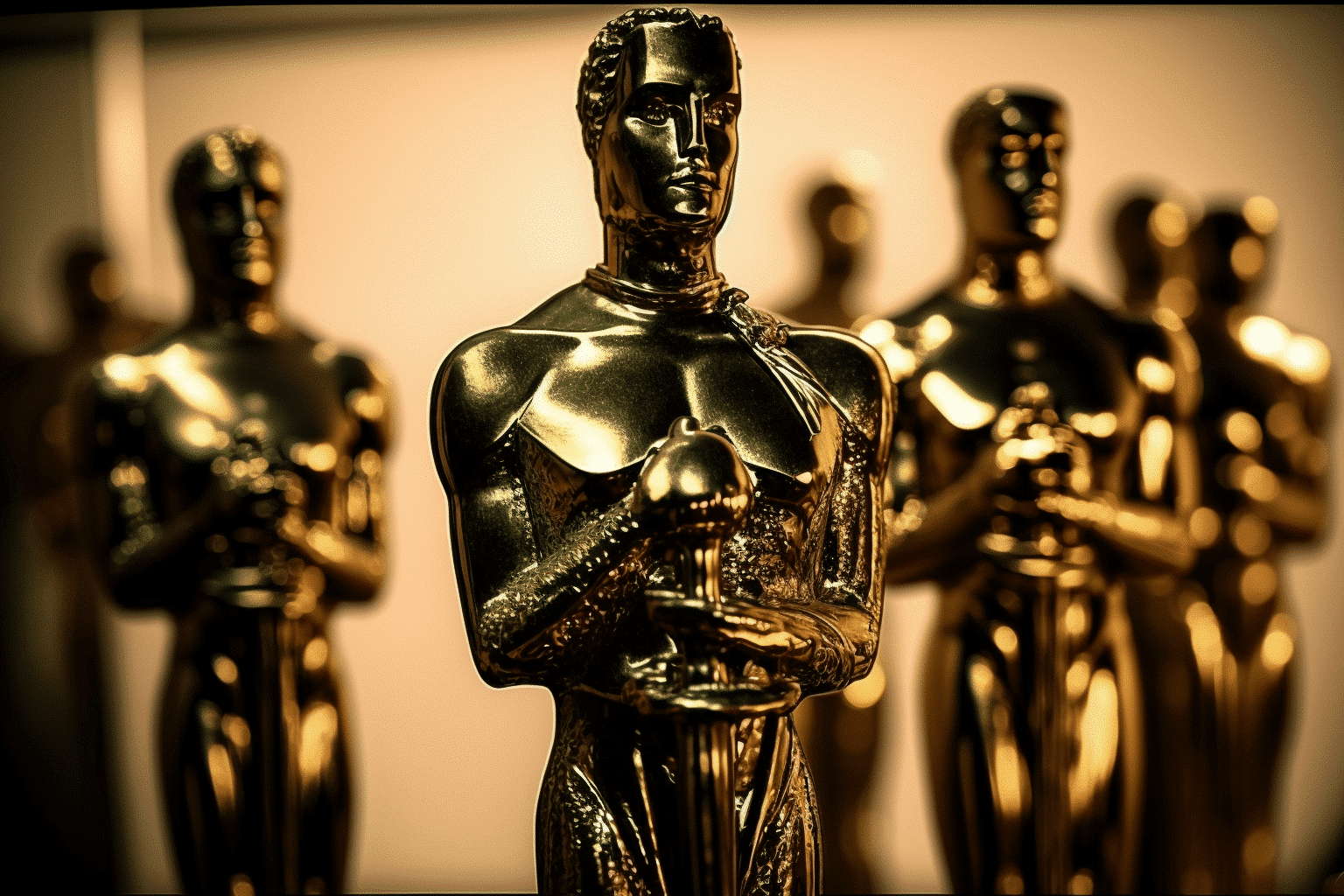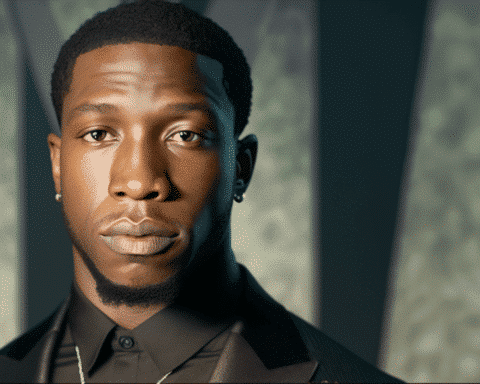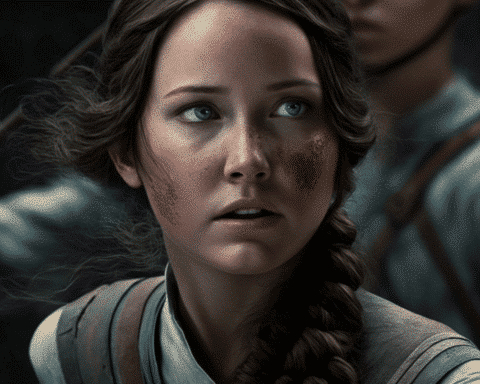This year’s Academy Awards feature a diverse range of movies led by talented female actors, demonstrating progress in an industry that has historically relegated women to secondary roles. Cate Blanchett, Michelle Yeoh, and Angela Bassett are among the female stars who have taken center stage in their respective films.
At the recent British Film Academy Awards, Blanchett stated, “It’s such an extraordinary year for women. And we know we are just the tip of the iceberg.” She added that women perform remarkable performances every year that shatters the myth of a monolithic female experience.
The best picture category includes “Tar,” a film that has Blanchett in its lead role, “Everything Everywhere All at Once,” a kung fu adventure starring Yeoh, and “Women Talking,” a movie about Mennonite women dealing with sexual assaults in their community. Bassett is nominated for the best supporting actress award for her role as Queen Ramonda in “Black Panther: Wakanda Forever.”
While Hollywood has made some progress in putting women on-screen, the industry still has a long way to go regarding gender equality, particularly behind the scenes. According to UCLA sociologist Darnell Hunt, only 21.8% of directors in 2021 were women, compared to 12.6% in 2017. Similarly, only 18% of film studio CEOs and senior management teams were women, according to UCLA data from 2020.
To promote gender parity, the ReFrame stamp was created to certify productions that hire women in at least half of the key roles on and off-screen. In 2022, 29 of the top 100-grossing movies in the U.S. and Canada received the certification.
Director Todd Field hopes Hollywood is moving away from past attitudes towards gender and a broader view of humanity. He noted that there was a rich tradition of strong female characters and leads in movies in the 1950s, but he’s not sure why that changed.
There are more movies with female leads set to be released in the coming months, including “The Marvels,” a superhero film with three female leads, an adaptation of “Are You There God? It’s Me, Margaret,” and a new take on the iconic Barbie doll, directed by Greta Gerwig. Yeoh believes that while progress is being made, women must fight for more opportunities and break down the stereotypes and biases that hold them back, especially older women. She stated, “We need to rewrite all that nonsense, and I’m here to do it.”
However, despite the progress made, there is still a long way to go before Hollywood can claim to be a place of true gender equality. The underrepresentation of women behind the camera remains a significant issue, with a significant gender gap in key positions such as director, studio CEO, and senior management. This lack of representation and representation can lead to a lack of diverse perspectives and stories being told on-screen, perpetuating harmful stereotypes and biases.
Advocates and industry leaders are working to change this, with initiatives like the ReFrame stamp and increased representation of women in leading roles in movies helping to drive change. But until the gender gap behind the camera is fully addressed, the fight for gender equality in Hollywood will continue.
This year’s Oscars showcase the incredible talent of female actors and the progress made in Hollywood in recent years. However, the industry still has a long way to go to achieve true gender equality, and it is up to all of us to work toward creating a more inclusive and diverse industry that accurately represents the experiences and perspectives of all people.




